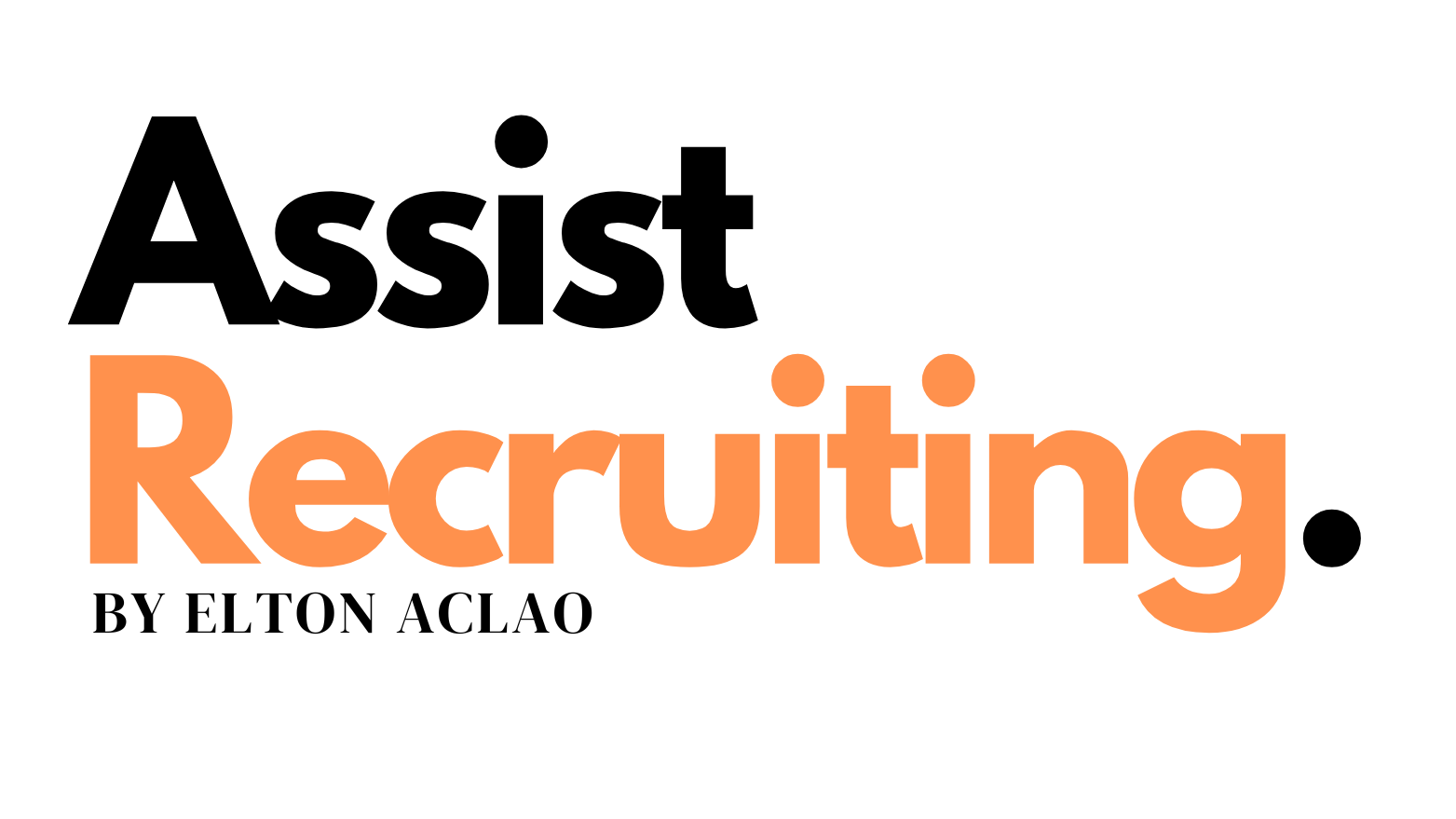Hiring talent globally is no longer reserved for Fortune 500 companies. Small and medium-sized businesses are increasingly turning to offshore recruitment support to scale faster, reduce costs, and access specialized expertise. But with opportunity comes responsibility. Navigating the legal and compliance landscape is critical to avoiding risks, protecting your company, and ensuring long-term success.
This guide breaks down the essential legal and compliance tips you need to know before engaging in offshore recruitment support—so you can focus on growth without unnecessary headaches.
Why Legal and Compliance Matters in Offshore Recruitment Support
When hiring internationally, businesses face more than just cultural or time-zone challenges. Laws governing employment, data protection, and taxation vary significantly across countries. Without proper compliance:
- You risk fines or penalties from local authorities.
- Your contracts may be unenforceable.
- Confidential company data may be exposed.
Getting compliance right isn’t just about avoiding trouble—it builds trust with your offshore teams and protects your reputation.
Key Legal Considerations for Offshore Recruitment Support
1. Employment Classification
One of the biggest mistakes companies make when engaging in offshore recruitment support is misclassifying workers. Depending on the country, your offshore staff may be legally seen as employees rather than independent contractors.
Tip: Clearly define worker status in contracts and check with a local legal expert or an Employer of Record (EOR) service to ensure compliance.
2. Contracts and Agreements
A handshake deal won’t cut it in global hiring. Draft a contract that includes:
- Scope of work
- Payment terms
- Confidentiality clauses
- Intellectual property rights
- Termination policies
Pro Insight: Tailor contracts for each jurisdiction rather than relying on a one-size-fits-all template.
3. Data Protection and Privacy Laws
With global teams, sensitive candidate and client information often crosses borders. Many countries enforce strict data privacy regulations, such as the EU’s GDPR.
Tip: Store and transfer data securely, and ensure your offshore recruitment support partner follows international data compliance standards.
4. Tax and Payroll Compliance
Taxation is one of the trickiest aspects of offshore hiring. Some countries require withholding taxes, while others impose additional employer obligations.
Tip: Work with tax advisors familiar with international laws or consider partnering with an EOR who can handle payroll and compliance on your behalf.
5. Labor Law Differences
Working hours, overtime pay, paid leave, and benefits vary widely around the world.
Tip: Ensure your offshore recruitment support partner adheres to local labor standards, even if your headquarters operates differently.
Compliance Best Practices for Offshore Recruitment Support
Use an Employer of Record (EOR)
An EOR acts as the legal employer on your behalf, handling compliance, payroll, and HR functions. This drastically reduces your risk when hiring offshore.
Conduct Due Diligence on Vendors
Not all offshore recruitment support providers are created equal. Vet their reputation, legal standing, and track record.
Standardize Processes Without Ignoring Local Laws
Consistency is key, but avoid applying only your home-country policies globally. Adapt your processes to align with each country’s requirements.
Prioritize Transparency
Be upfront with your offshore recruitment support teams about expectations, contracts, and compliance policies. Transparency strengthens trust and minimizes disputes.

How Assist Recruiting Helps Businesses Stay Compliant
At Assist Recruiting, we specialize in connecting businesses with top offshore talent while ensuring compliance every step of the way. Our approach includes:
- Partnering with trusted EOR providers for legal coverage.
- Drafting clear contracts tailored to international jurisdictions.
- Ensuring secure handling of sensitive client and candidate data.
- Providing ongoing compliance support to clients scaling their teams offshore.
With us, you gain more than just offshore recruitment support—you gain a partner committed to protecting your business.
FAQs on Offshore Recruitment Support
1. Do I need an Employer of Record for offshore recruitment support?
Not always, but it’s highly recommended. An EOR ensures you remain compliant with local employment laws and payroll requirements.
2. Can offshore recruitment support providers handle data securely?
Yes, but only if they follow global data protection laws like GDPR. Always confirm their compliance practices.
3. Who is responsible for taxes when hiring offshore?
It depends on the jurisdiction. Some countries place the burden on the employer, others on the contractor. Consult an international tax advisor to avoid mistakes.
4. What happens if I misclassify an offshore worker?
You could face fines, back taxes, and potential lawsuits. Always verify worker status with legal guidance.
5. Is offshore recruitment support cost-effective if compliance is expensive?
Yes. While compliance adds costs, offshore hiring remains significantly more affordable than hiring locally in many countries.
Engaging in offshore recruitment support offers massive opportunities to scale your business affordably and efficiently. But success requires more than just finding talent—it demands proactive compliance and legal due diligence. By understanding local laws, protecting data, and leveraging EOR services, you can hire globally without unnecessary risks.
At Assist Recruiting, we make offshore recruitment support seamless and compliant. Book a consultation today to learn how we can help you scale with confidence.
Learn more insights from our blogs.


Leave a Reply